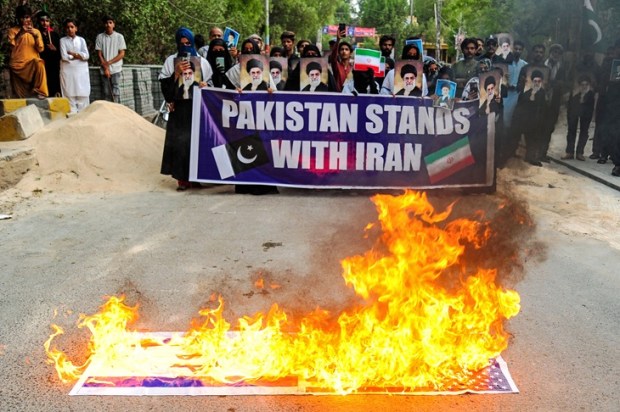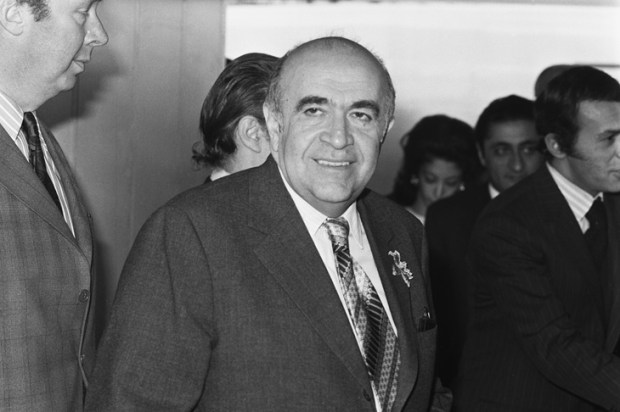Europe has not formally endorsed Crown Prince Reza Pahlavi, yet many European politicians and institutions recognise him as the voice of Iran’s secular and nationalist opposition. Western media often portray him as a symbol of popular resistance, suggesting that ‘we stand with him and the Iranian people’. Still, Europe’s deep economic, energy-based, and diplomatic ties with the Islamic Republic have led to a cautious and deliberately neutral stance regarding his leadership.
This restraint can be traced directly to Europe’s significant strategic and commercial interests in Iran. After the 2015 nuclear deal (JCPOA), major European corporations such as Total, Siemens, and PSA (Peugeot-Citroën) signed multi-billion-euro agreements with Tehran. In the energy sector in particular, the Islamic Republic remains a crucial player in global natural gas reserves a fact that has gained added importance since the war in Ukraine and the resulting disruption in Russian gas supplies to Europe.
Under these conditions, Iran could become a viable alternative for Europe’s energy needs, provided diplomatic relations with the West improve. Consequently, policymakers in Brussels and other European capitals have preferred a policy of conditional engagement rather than outright confrontation with Tehran.
Furthermore, Europe remains wary of sudden instability in the Middle East. The bitter legacy of intervention in Iraq, Syria, and Afghanistan has left European governments averse to abrupt regime change. From a bureaucratic standpoint, overt support for an alternative political figure such as Reza Pahlavi could provoke an aggressive backlash from the Islamic Republic, disrupting nuclear negotiations, triggering asymmetric threats on European soil, or even causing new waves of migration. As a result, official European positions tend to remain within the framework of ‘human rights’ and ‘freedom of expression’, carefully avoiding explicit support for the Iranian people’s national movement led by Reza Pahlavi.
In contrast, US President Donald Trump repeatedly offered symbolic support to the Iranian people and to Crown Prince Reza Pahlavi, openly calling for the downfall of the Islamic Republic. Nevertheless, even Trump never formally endorsed Pahlavi as a future head of state. Unlike Europe’s cautious neutrality, Trump’s policy was built around the concept of maximum pressure and full diplomatic isolation of the regime.
This dual approach reflects Trump’s political style shaped by decades in the business world where positioning remains tactical rather than strategic. He chooses to maintain flexibility in language, keeping pressure levers intact without making binding commitments, so he can shift the rules of engagement to his advantage as the game evolves.
Historically, the Pahlavi dynasty especially Mohammad Reza Shah was a pillar of US foreign policy in the Middle East during the Cold War. Iran under the Shah was a close ally of Washington, and many American conservatives still regard that era’s secular order and stable alliance with great respect. Reza Pahlavi’s advocacy for democracy, secular governance, and peaceful engagement with the West places him firmly within the value system of the US Republican establishment. Yet formal support for him has remained elusive, constrained by diplomatic calculation.
And yet, the Iranian people possess a powerful asset: Crown Prince Reza Pahlavi. Not only does he represent a deep connection to Iran’s modern history, but his personal experiences in exile, his international education, and his active engagement with civil society both inside and outside Iran make him one of the rare figures who both understands the intricacies of global politics and is equipped to represent the voice of Iran’s national movement on the international stage.
He has emerged as a bridge between the Iranian people and the free world not solely as a ‘king-in-waiting’, but as a symbolic and political leader capable of articulating the Iranian nation’s democratic aspirations at the tables of future political and economic negotiations. These negotiations may chart the course for Iran’s peaceful transition from the Islamic Republic and demonstrate to the world that a free, secular Iran can once again be a trusted partner of the West as it was before the 1979 uprising and that the Middle East can return to a path of stability and peace.
Leila Naseri: Author | Composer | Social Monarchist Activist

























